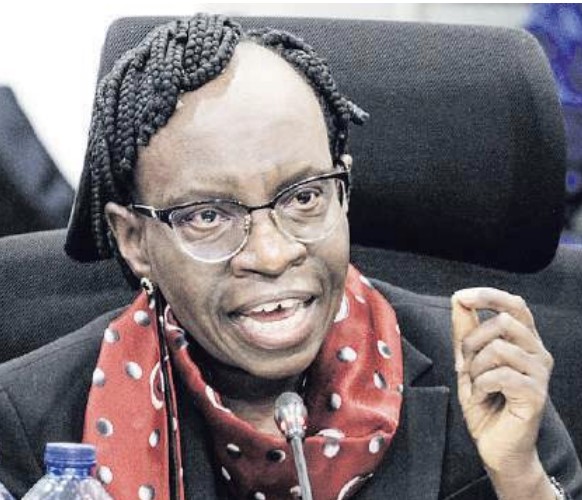

The system the National Treasury uses to monitor the disbursement of loans borrowed from local and foreign sources has been termed unreliable.
Auditor General Nancy Gathungu concluded this after a systems audit unearthed several IT controls weaknesses as well as security issues with the system.
The audit found that closing balances in the Annual Debt Management Report differed with the closing balance reflected in the External Public Debt Register.
“The variances are an indication that the sections within Public Debt Management Office (PDMO) might have been working in silos,” the auditor states.
Gathungu said the office is thus exposed to risk data breaches, unauthorised access and operational disruptions.
“This might ultimately affect the reliability of data maintained by the debt management systems, reliability of reports generated from the systems and compliance with laws, regulations directives and best practices,” she said.
As such, Gathungu says, it was impossible for her office to establish the accurate balances of public debt.
“Arising from inaccuracies in reporting, coupled with the unreliability of systems used in processing and management of public debt, the accuracy and completeness of public debt could not, therefore, be ascertained,” she said.
The review established that the PDMO doesn’t test its back-up plans despite running critical mission systems for debt recording and management.
“This exposes PDMO to several risks, such as prolonged downtime in the event of a disaster, data loss, financial loss, loss of trust from lenders among other risks,” Gathungu said.
She reports that a review of IT security controls of sampled databases and servers were found to be inadequate, meaning anyone could access and interfere with public debt data.
“The lack of controls exposes PDMO to risks, including unauthorised access to sensitive data, data breaches and potential data loss, which can lead to significant financial losses, legal repercussions and reputation damage,” the auditor general said.
These weaknesses were partly attributed to lack of security policies and procedures, she states in the report tabled in Parliament recently.
Auditors also cast doubt on the accuracy of the balances reported by the Treasury’s debt office on the borrowings and repayments.
“The management did not provide evidence to support how the balance records were arrived at,” Gathungu said.
The auditor general is further concerned that taxpayers may not be getting value for money for some of the trillions borrowed.
It was established that some project loans were not being absorbed due to action or inaction of the implementing entities of debt-funded projects.
“Value for money was not realised in some of the projects financed by proceeds from public debt,” Gathungu said.
Among the cases cited was a machine for clinical waste disposal installed at Port Reitz Subcounty Hospital, which was grounded by electricity cuts












